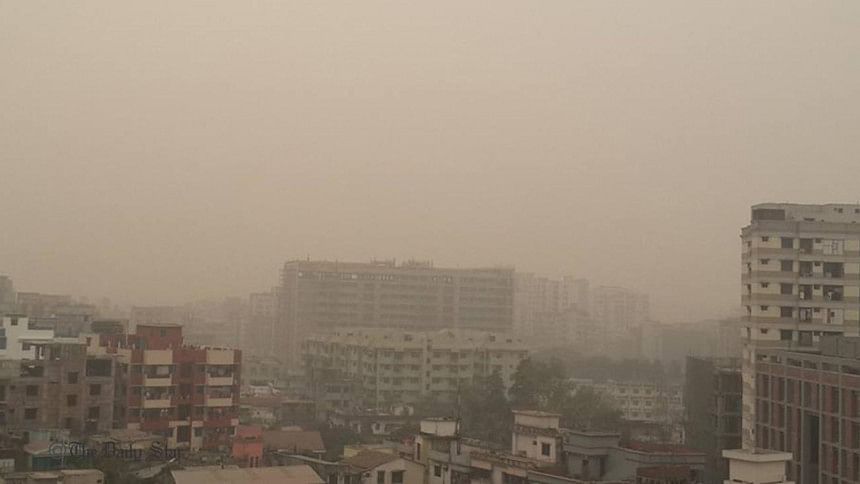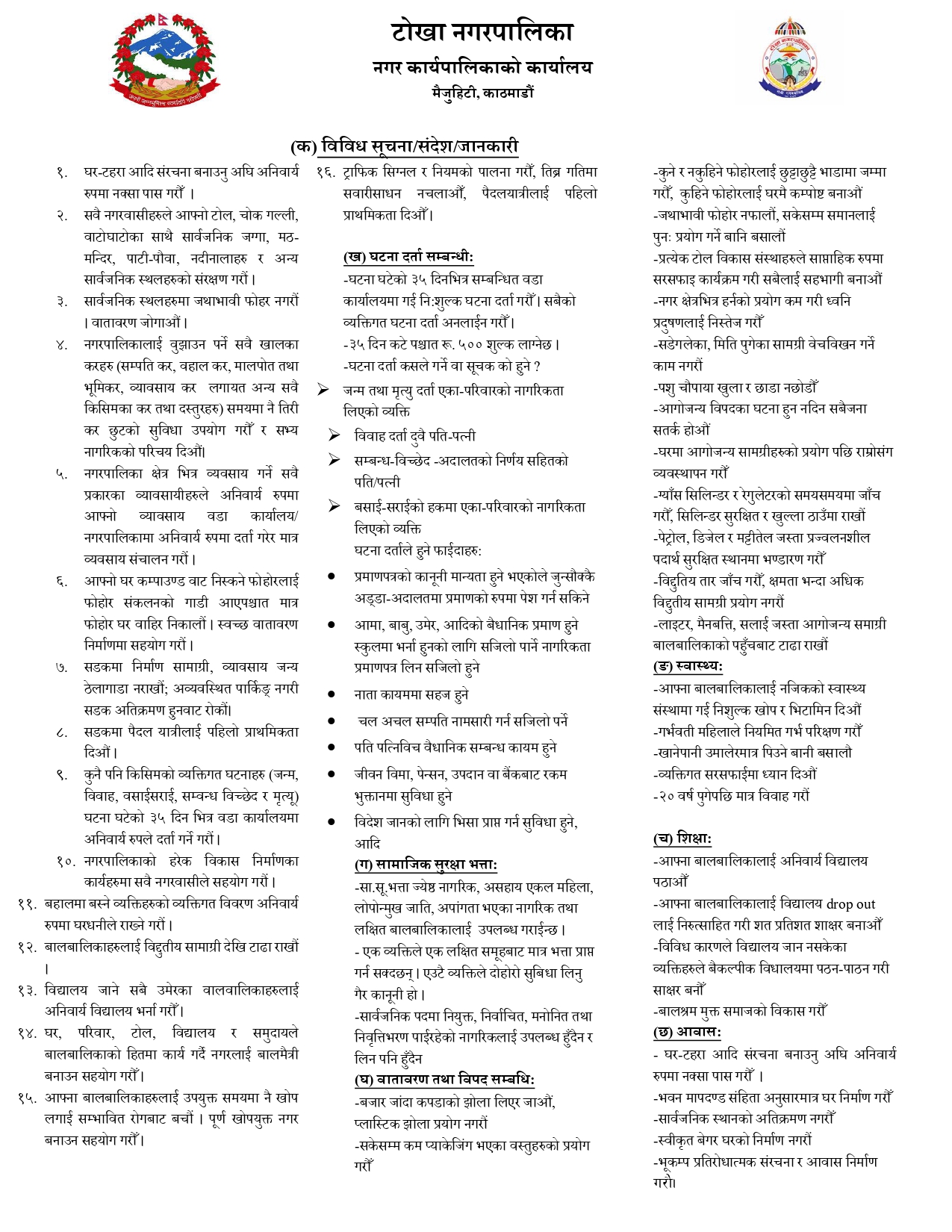Any new infectious disease is an unknown to pregnant women, as it might affect the pregnancy and the developing foetus. Because of this, careful attention has been paid to the effects of COVID on pregnant women ever since the beginning of the pandemic.
Now, after 18 months of monitoring, doctors and researchers have built up a good picture of the risk.
They've found that pregnant women are no more likely to get COVID than those who aren't pregnant, and that most pregnant women infected with SARS-CoV-2 the virus that causes COVID have mild or no symptoms and don't experience serious complications. It's also rare for the mother to pass the virus to the foetus in the womb.
However, some pregnant women with COVID become severely unwell.
If this happens, it increases the risk of preterm birth, being admitted to intensive care and stillbirth. As with the general population, pregnant women who are obese or of black or Asian ethnicity are more likely to get severe COVID.
These poor outcomes are probably related to the effect of SARS-CoV-2 on the placenta. The placenta is the structure inside the uterus that passes oxygen and nutrients from the mother to the foetus and removes waste products in the other direction.
A viral infection can disrupt the placenta's function, leading to preterm birth and, in the worst case, the death of the foetus in the womb.
There's no way to predict which pregnant women specifically will have the most severe responses to infection with SARS-CoV-2.
The extent of damage to the placenta also doesn't seem to correlate with how unwell the pregnant woman is. This means we need to protect all pregnant women from infection as best we can.
Since July 2021, one in five COVID patients in England who have become critically ill and required ventilation have been pregnant.
This means that during this period, one-third of women in intensive care who were between 16 and 49 years old (of reproductive age) were pregnant.
These women were unvaccinated, which explains why they made up such a large proportion of severe cases.
Most were already pregnant when the UK's vaccination programme started and had not taken a vaccine, as there had been no clear recommendation to do so. Up until recently, COVID vaccines were only recommended to clinically vulnerable pregnant women.
However, that advice recently changed. With the risks of COVID during pregnancy becoming clearer, the lack of vaccination leaving pregnant women more susceptible to severe COVID, and no signs of vaccines being harmful to pregnancy, the government and the Royal College of Obstetricians and Gynaecologists are now advising all pregnant women to get vaccinated for COVID.
In the general population, COVID vaccines have been shown to lower the chance of catching SARS-CoV-2 and be highly protective against developing severe COVID even when infection does happen.
Surveillance studies in the US and the UK have shown that mRNA COVID vaccines those developed by Moderna and Pfizer are also effective in pregnancy, and there are no safety concerns.
Vaccination during pregnancy is associated with a lower risk of infection with SARS-CoV-2. Data from Ontario in Canada has also shown that there is no evidence of increased risk of miscarriage linked to COVID vaccines.
Researchers have also looked specifically at vaccine side-effects in pregnant women.
Studies have shown that rates of rashes, fever and severe fatigue following vaccination are comparable in pregnant and non-pregnant women and that muscle pain, joint stiffness and headache are in fact less common in those who are pregnant.
The rate of these side-effects was not affected by the trimester of pregnancy in which vaccination occurred.
The risk to mother and baby from a SARS-CoV-2 infection is far greater than the risk from any possible vaccine side-effects. While some argue that we don't know what the long-term effects of vaccination will be on the baby, we can make some logical assumptions with confidence.
Other vaccines (such as those for whooping cough and influenza) are routinely given to pregnant women. These vaccines, like the mRNA COVID vaccines, don't cross the placenta, which reduces the risk of side-effects for the baby.
As these other vaccines given routinely in pregnancy don't cause any side-effects for the baby, there's no reason to suggest that the COVID vaccines would either.
However, the COVID antibodies that the mother makes due to vaccination do cross the placenta, and will pass into the breast milk to be given to the baby as well.
Vaccination in pregnancy is safe and protects both mother and baby. All pregnant women who are unvaccinated are urged to get vaccinated. Any concerns should be discussed with a midwife or GP.



























